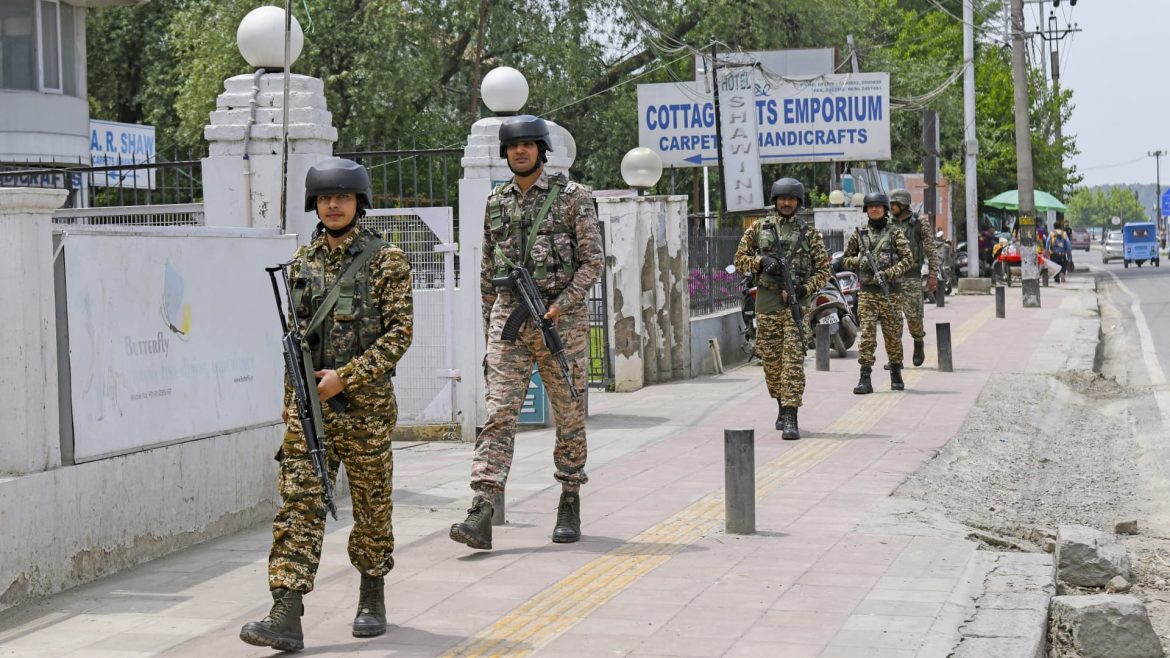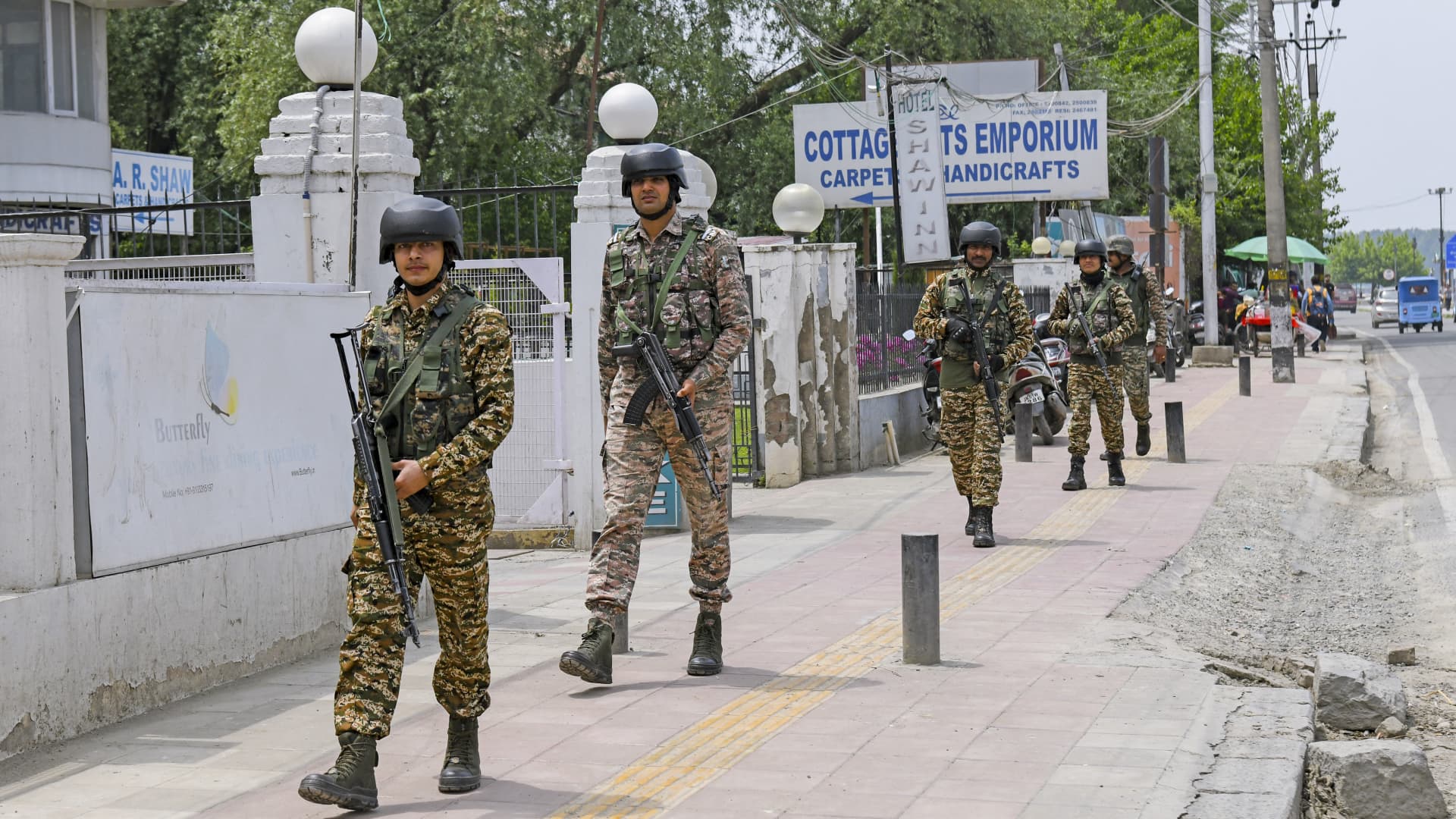India-Pakistan Tensions: A Deep Dive into Recent Military Strikes
Introduction
The escalating tensions between India and Pakistan have once again brought the world’s attention to the volatile region of Kashmir. The recent military strikes by India on Pakistani soil mark a significant escalation in the long-standing conflict between the two nuclear-armed neighbors. This report delves into the events leading up to the strikes, the immediate aftermath, and the broader implications for regional and global security.
The Pahalgam Attack: A Catalyst for Conflict
The immediate trigger for the recent military actions was a militant attack in Pahalgam, Jammu and Kashmir, which resulted in the deaths of 26 people. This attack, which targeted tourists, was condemned internationally and heightened tensions between India and Pakistan. The Indian government, citing the need for self-defense, launched a series of strikes on what it termed “terrorist infrastructure” in Pakistan and Pakistan-administered Kashmir.
Operation Sindoor: India’s Military Response
India’s military operation, codenamed “Operation Sindoor,” targeted nine sites in Pakistan and Pakistan-administered Kashmir. The Indian government claimed that the strikes were precise and aimed at neutralizing terrorist threats. The operation was conducted early on Wednesday, with the Indian military releasing a statement at 1:44 am, detailing the actions taken.
Pakistan’s Response and Escalation
Pakistan’s response to the Indian strikes was swift and assertive. The Pakistani military reported that three locations had been hit and vowed a robust response to what it termed an “act of war.” Pakistan’s Prime Minister, Shehbaz Sharif, condemned the airstrikes, describing them as “deceitful” and “cowardly.” The Pakistani military also claimed to have shot down at least two Indian Air Force planes in response to the strikes.
Diplomatic and International Reactions
The international community has been closely monitoring the situation, with calls for de-escalation coming from various quarters. The United Nations expressed concern, stating that the world cannot afford a military confrontation between India and Pakistan. The United States also urged both countries to defuse tensions, emphasizing the need for diplomatic solutions over military actions.
Historical Context and Previous Escalations
The recent strikes are not an isolated incident but part of a long history of conflict between India and Pakistan. The two countries have engaged in several wars and numerous skirmishes since their independence in 1947. The disputed region of Kashmir has been a major flashpoint, with both countries claiming sovereignty over the territory. Previous military actions, such as those in 2019 and 2016, have also been in response to terrorist attacks in Kashmir.
The Role of Credible Intelligence
In the lead-up to the recent strikes, Pakistan claimed to have “credible intelligence” that India was planning an imminent military action. This intelligence was cited as a reason for Pakistan’s heightened alertness and preparedness. The Indian government, however, has not publicly commented on these claims, maintaining that its actions were in response to the militant attack in Pahalgam.
Implications for Regional and Global Security
The escalation of tensions between India and Pakistan has significant implications for regional and global security. As nuclear-armed states, any conflict between the two countries could have catastrophic consequences. The international community must continue to urge both sides to exercise restraint and seek diplomatic solutions to their long-standing disputes.
Conclusion: The Path Forward
The recent military strikes by India on Pakistani soil highlight the volatile nature of the India-Pakistan conflict. While the immediate trigger was a militant attack in Kashmir, the underlying issues are deeply rooted in historical and political grievances. As the world watches, it is crucial for both countries to engage in meaningful dialogue and diplomacy to prevent further escalation. The path forward must be one of peace and cooperation, rather than conflict and confrontation. The stakes are too high, and the consequences too severe, to allow this conflict to continue unabated.


